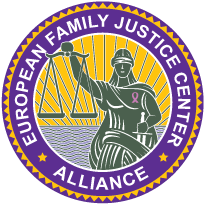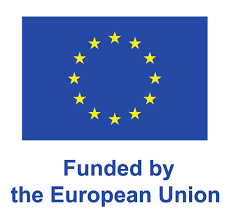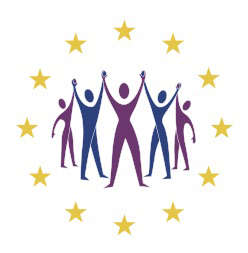Dan Dulberger
 Dan Dulberger is founder and director of the Center for NVR Therapy and Practice. A systemic therapist, a counselling therapist and a counsellor in NVR interventions, Dan is internationally acknowledged as an instructor and innovator in the Non-Violent Resistance therapy approach, as well as in NVR interventions with families of non-emerging adult children with entrenched dependence.
Dan Dulberger is founder and director of the Center for NVR Therapy and Practice. A systemic therapist, a counselling therapist and a counsellor in NVR interventions, Dan is internationally acknowledged as an instructor and innovator in the Non-Violent Resistance therapy approach, as well as in NVR interventions with families of non-emerging adult children with entrenched dependence.
His professional activities include clinical work with families in crises, consulting to mental health organizations, training, supervision, authoring, teaching and speaking, in Canada, in Europe and in Israel. Dan teaches and supervises at the University of Calgary’s Post-Masters Certificate and Diploma in Couple and Family Therapy and is formerly a staff member of the Calgary Family Therapy Center.
In 2010 Dan founded the Israeli Clinic for Parental Empowerment, together with Haim Omer. Dan holds an M.A. degree in Psychology from the Tel-Aviv University, is a graduate of SHINUI (the Israeli Institute for Systemic Studies, Family and Personal Change), and was personally trained by Haim Omer in the NVR approach. Dan is certified by the Israeli (CCFT), Canadian (CAMFT) and American (AAMFT) Associations for Marital and Family Therapy, and by the Association of Counseling Therapists of Alberta (ACTA). He is also accredited as a Practitioner and Supervisor by the UK Association of NVR Practice (UK).
Keynote: From systemic learned helplessness to communal presence: the lessons from NonViolent Resistance (NVR) Interventions
For decades now, children’s aggression towards caregivers has been a disturbing reality for families, educators, social services, the law, and its ultimate victims, the children themselves.
Distressing as it is, this aggression has received little research or public attention. Institutions typically process children’s aggression towards caregivers by compartmentalization: the child is stigmatized, the aggression is pathologized, and the parent is blamed. The outcome is systemic learned-helplessness.
The recent pandemic has brought child-to-parent-violence to levels that can no longer be ignored or compartmentalized.
New approaches are needed which acknowledge the systemic nature of child-to-parent aggression; which provide accessible and comprehensive intervention; and which acknowledge systemic learned helplessness not as the ‘end of the road’ for children and caregivers, but as the beginning of a journey from erasure to communal presence. The experience accumulated by NonViolent Resistance practices over the past 28 years of dealing with children’s aggression towards caregivers, may help.
From erasure to presence: recovering self and care
Many caregivers, whether primary or professional, face young and adult children who harm themselves or others, withdraw socially, are addicted to digital media or cannabis, threaten suicide, or reject any kind of help, including therapy. NonViolent Resistance interventions (NVR) invite helpless and despairing caregivers on a journey of recovering their ability to give care, restoring their diminished sense of agency, and ultimately renewing the caring dialog with the child.
This transition is achieved by learning how to firmly stand against harmful behaviors without sacrificing care, or social support. How can this journey be made possible?


